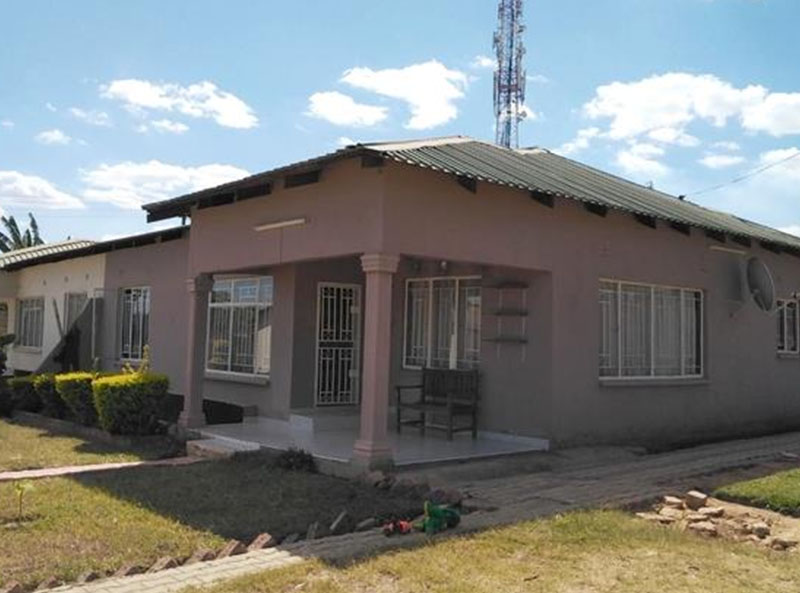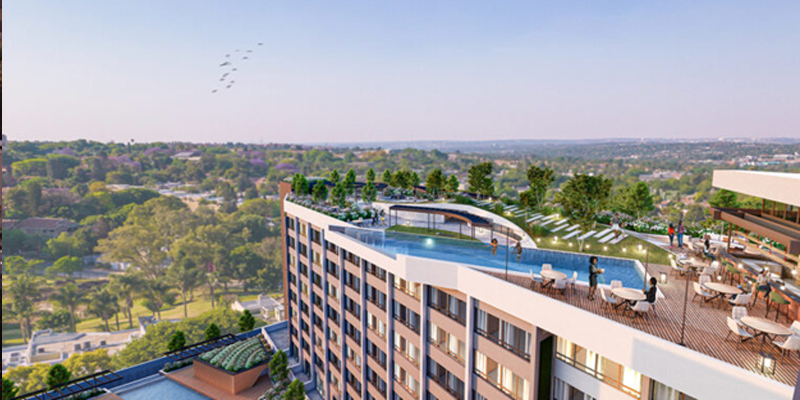COVID-19 had a devastating effect on the economies of the world. It was to the point that most of the economies had nearly reached a period of recession, and Zambia was no exception among those economies. The outbreak and the following lockdowns had a significant negative effect on the property sector of Zambia, among the other sectors. Zambia’s property and housing sector were hit the hardest since, with no buyers, there were no sales, or in the offset of one, the prices were much less the market.
While the country did not have a complete lockdown since schools, restaurants, pubs, offices, and colleges were shifted to remote learning and remote working. The property sector was hit hard since there was no need for extra spacing, and liquidity needs had to be fulfilled. And so to do that, most of the high-end property owners sold their properties to investors under the market price, which caused the market to fall and decline at a sharp rate.
And as with most African economies, Zambia also experienced immense pressure due to the ongoing pandemic of COVID-19. Zambia entered a recession by the third quarter of 2020, and it was the first country in Africa to default on its debt obligations.
While the economy is in the phase of making a recovery due to inflation and the slow growth rate, the recovery has now become a challenge for Zambia’s property and housing markets. Inflation in Zambia stands at almost 12% from 19% in 2020, and the bank interest rate stands at around 22% to 24%, which also depends on the bank.
The property market in Zambia is now seeing a slow recovery compared to the low-cost and medium-housing sectors, which are still active and thriving due to young professionals. As a result, the demand for housing developments and small patches of land has also risen steadily in Zambia.
The property sector of Zambia had initially succumbed to the pressure of the ongoing lockdowns, but it still gained momentum and remained resilient. This resilience helped recover the sector when the lockdowns were eased. After the COVID-19 lockdowns, rentals and sales are now recovering and stable; however, the rates have declined for various homes and properties, mainly due to over-supply.
And that is also the case with commercial and retail property rents. They have stabilized, but the rates themselves fell sharply. Retailers and property owners were hit the hardest during the pandemic. They had to be quite accommodating to attract and retain their tenants.
However, the demand for the properties remains less than the overwhelming supply in the market. This imbalance has contributed to low prices of the properties, which could be a positive sign for some investors to invest in the properties that are projected to rise in the rate of return in the upcoming years.
According to the analysts, the government is also attracting investors to solve the crisis in Zambia, which is also bearing fruit.




